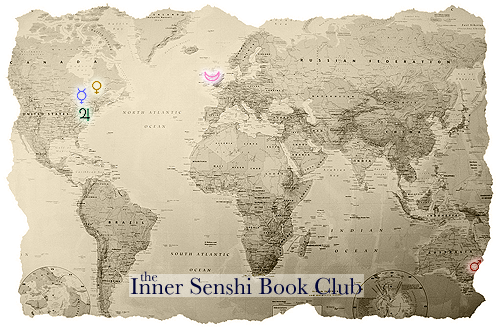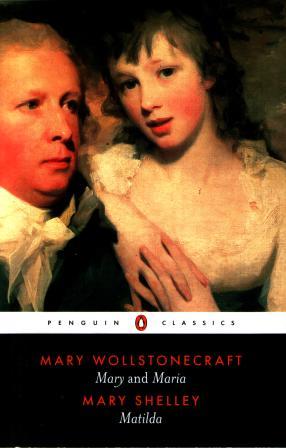The “Inner Senshi Book Club” is an online book club where five book lovers of different backgrounds and tastes across the world take turns at selecting and hosting a book each month. Individually, we are (in alphabetical order): Aimee, Angel, Meghan, Samantha L, and Samantha R. Together, we present you a whole range of books, complete with our responses to a rotating list of set questions.
A new book is selected on the 15th of each month, and our thoughts are posted roughly four to five weeks later. We hope you can join us in our reading shenanigans! (The book club derives its name from the five soldiers of love and justice from the Japanese manga and anime series, Sailormoon. We are just as kickass, and if all goes to plan, twice as well-read.)
***
 For as long as Josephine Alibrandi can remember, it’s just been her, her mum, and her grandmother. Now it’s her final year at a wealthy Catholic high school. The nuns couldn’t be any stricter — but that doesn’t seem to stop all kinds of men from coming into her life.
For as long as Josephine Alibrandi can remember, it’s just been her, her mum, and her grandmother. Now it’s her final year at a wealthy Catholic high school. The nuns couldn’t be any stricter — but that doesn’t seem to stop all kinds of men from coming into her life.
Caught between the old-world values of her Italian grandmother, the no nonsense wisdom of her mum, and the boys who continue to mystify her, Josephine is on the ride of her life. This will be the year she falls in love, the year she discovers the secrets of her family’s past — and the year she sets herself free.
Can I just state from the get-go that I loved this book? Despite growing up on Aussie YA this is actually my first experience with Marchetta’s work. When I was in high school I read very little YA because I was too busy immersing myself in nineteenth-century literature. However, I have had Marchetta on my must read list since I was about fourteen, which is why I knew I had to pick her first novel as my first choice for our book club. Maybe it’s because I can relate so much to the characters in Aussie YA, but I’ve discovered over the years that I tend to adore Aussie YA above all over others because there is something distinctly different about them, something distinctly… well, Australian for lack of a better word. And I loved loved loved Looking for Alibrandi to pieces. (And yes, I can’t wait to finally be able to pick up the rest of her works now – I had been holding myself back until I read this one before reading any others.)
Josie reminded me so much of myself when I was in Year 12 and working towards my HSC. She is smart and spunky and stubborn, but she also whinges and whines, and fights with both her mother and grandmother, and to start with doesn’t really understand that she has responsibilities. As much as she promises herself at the beginning of the year that she’s going to be better, it can be pretty hard for any seventeen year old to really change (I know it was for me) without making some pretty big mistakes first. And I love that Marchetta lets Josie make those mistakes so that Josie can grow as a person. But even past the main character of Josie, all the other characters are so well developed. Josie’s family may be Italian, and Josie might be attending a private school (neither of which I’m familiar with: my dad’s family is Irish, my mum’s come from the bush, and I attended the local public school) but Marchetta writes her characters so well that I feel like I knew them. I could recognise the characters in different people that I’ve met my whole life.
And then there’s Josie’s relationship with both her mother and her grandmother. Marchetta handles the growth and development of these relationships so well. All three Alibrandi women are strong in their own right, and even stronger when they all finally learn to come together. I love that this book is so much about personal strength, and personal understanding, and that there are so many strong women in it, even past Josie, Christina and Katia. But I think I’ve rambled enough already and I haven’t even gotten to the discussion questions yet so I won’t go on any further (though I easily could).
Looking for Alibrandi is just brilliant. If you haven’t read it, then seriously, go find yourself a copy and read it, right now.
Onto the discussion questions! (There will probably be spoilers ahead, so be warned.)

